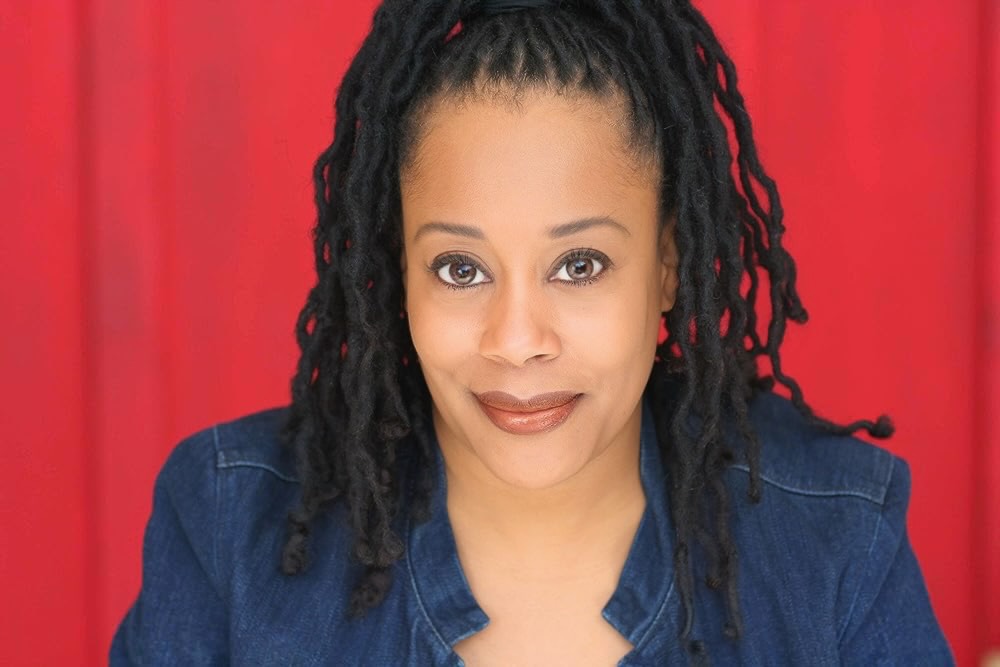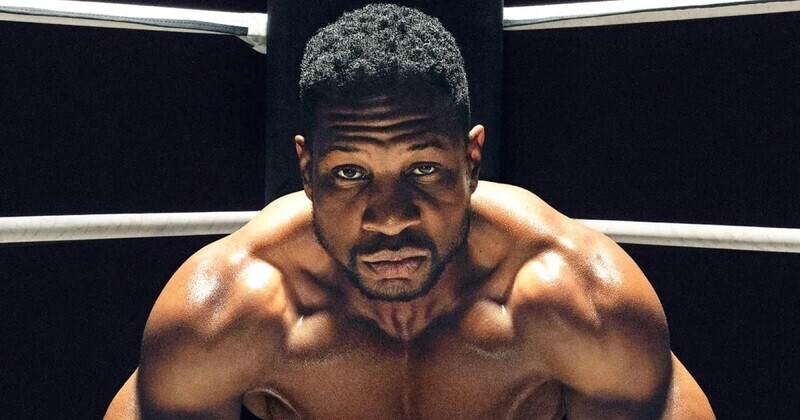Imagine a world where racism, poverty, and anxiety simply did not exist. In that world would mental illness look and feel different within the Black community? We have seen such a world once on the screen. In “Black Panther,” Disney/Marvel Studios exposed us to a world where Black people thrived and were seemingly protected from the risk factors that make life mentally taxing. If this can happen in Wakanda, why can’t it translate to real life? And when it does happen, whether on the screen or in real life, why is there a stigma attached to getting therapy for it, especially among Black men?
For the last few years, we have witnessed a disproportionate number of Black lives leave this earth either by the hands of the pandemic, law enforcement, or senseless gun violence. The National Health Institute and the Black Coalition Against Covid reported an alarming disparity in the number of Black deaths from the coronavirus in relation to the population. And along with the tragic death of George Floyd, there have been other names like Eric Garner, Trayvon Martin, Ahmaud Arbery, Sandra Bland, Philo Castile, Tamir Rice, Michael Brown, and Breonna Taylor, to name a few.
These images and news stories permanently scar our souls, creating an unconscious traumatic trigger not easily overcome with a simple conversation. Nonetheless, it’s a conversation that needs a professional ear. Yet, in our community, it’s frowned upon, or you are labeled as being crazy as a “betsy bug” for seeking solace within the confines of a therapist’s office. “As scared as Black folks are of the cops, we are even more scared of therapists. We are not trying to go to therapy. It’s a stigma,” Van Jones commented while discussing with Grammy winner Jay-Z in an interview at CNN.

In 2023, the stigmatization of mental health for Black people (specifically Black men) has shifted to the cinematic landscape, making it impossible to ignore. Writer/director Elijah Bynum gives us such a character in “Magazine Dreams,” which premiered at the 2023 Sundance Film Festival and will be released by Searchlight Pictures later this year. As Killian Maddox, Jonathan Majors literally destroys his self-esteem while being pummeled on his own property by a group of racists and after being romantically rejected and ditched by his date. Throughout, he lies to his counselor, leaving glaring signs this is a man whose dreams are on life support.
“Magazine Dreams” boldly illustrates how mental health in the Black community is glaringly ignored and treated like a dirty little secret. A dirty little secret brought on by years of racism, poverty, untreated chronic illness or depression, or even PTSD experienced in something as simple as driving while Black.
Black men have also contended with a long history of neglect that has influenced how generations feel about mental health services. You had to “be strong” to be a man. And strong men didn’t need therapists. In addition, there has been a deficit of Black mental health professionals. During shootings in Black neighborhoods, therapists were not routinely called in to counsel and console the children. There seems to have been an unwritten understanding that shielding emotions is a way to face the pressures and dangers of racism.

In addition to “Magazine Dreams,” Jonathan Majors tackles in “Creed III” yet another character mentally stuck in the past and unable to move into the future. Instead of being raised in an environment where he would have been nourished with love and positivity, he has been subjected to unsavory experiences in group homes. He ends up incarcerated. In prison, his mental illness is allowed to flourish. And instead of coming out rehabilitated, his spirit is crushed, and he is looking for revenge. Although we know this is just the plot that propels the movie forward, what would it look like if his character had sought help through therapy?
But there is some hope in the cinematic landscape with films like “HUSH,” a 90-minute documentary discussing the historical and political influences contributing to the suffering associated with Black mental illness, and “I’m Good Bro: Unmasking Black Male Depression.” These films explore the historical effects of slavery on Black men, as seen through experiences in corporate America, marriage, and living in the era of social media. They also tackle the spiritual aspect of mental health in Black men. We are well on our way to bringing this subject out of the closet and into the topics of mainstream conversations.
It helps when our celebrities use their platform to spotlight these issues. Actor-producer Kofi Siriboe (of “Queen Sugar”) and his production company Viakofi are introducing films that challenge the stigma about mental health in the Black community, particularly with the goal of encouraging Black men to have honest dialogues about their wellness.
At the center of his short film “Jump,” Siriboe’s character Ziggy is a haunted man who becomes suicidal and detached from reality while battling depression and hearing voices. Throughout the 11-minute short, Ziggy repeatedly utters the phrase, “I don’t wanna live, I don’t wanna die.” That simple statement, unfortunately, is the reality of what many battling mental illness tell themselves, something Siriboe wanted to drive home.
The movies are where we go to escape the realities of our lives. Fortunately, some of these newer films answer questions we didn’t even know we had. If you are a person of color, talk, speak, and blurt it out if you feel like something is not right with you. Take the time to talk to your healthcare provider, talk to your friends, and get the help that you need. Don’t be afraid to take that first step. There is help for traumatized brains.
According to Dr. Janet Taylor, in a recent interview with Good Morning America’s Janai Norman, “Your biggest ally is your brain. You have the potential to flip your mindset, and the earlier we teach our children … the better off we will be. Help is always there.”
Whether you are insured, uninsured or underinsured, know your resources. There’s a Suicide and Crisis Lifeline – all you need to do is text 988 or call 1-800-273-TALK if you are feeling suicidal.












